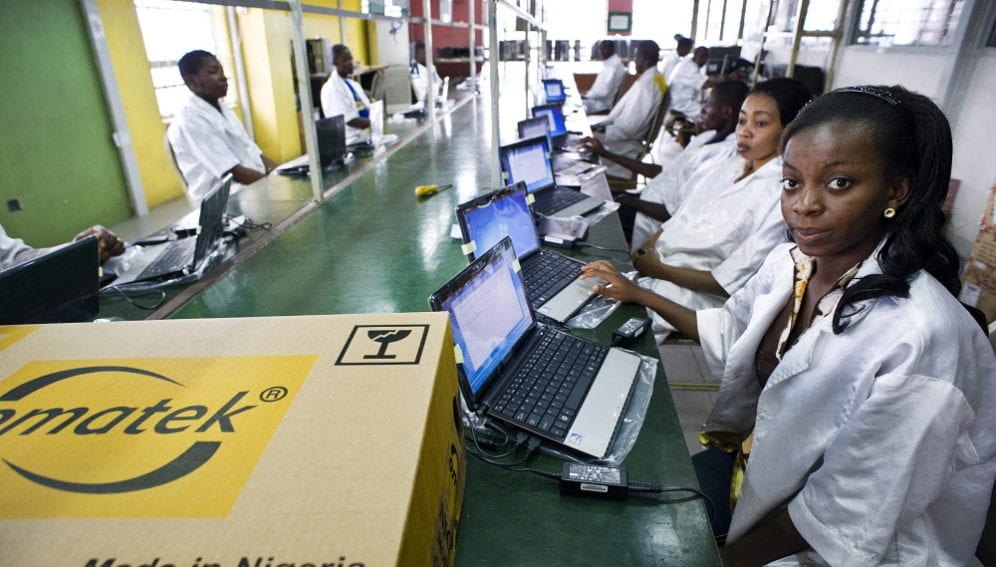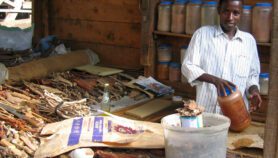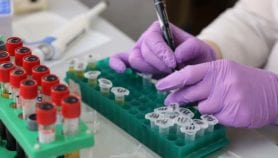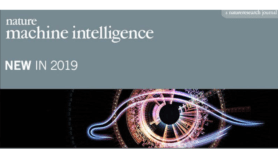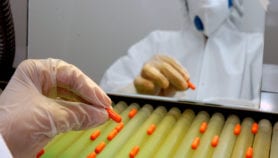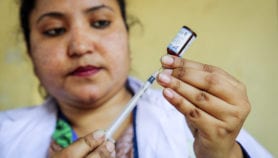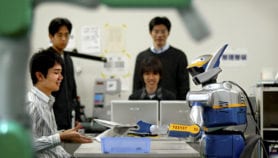Send to a friend
The details you provide on this page will not be used to send unsolicited email, and will not be sold to a 3rd party. See privacy policy.
[ABUJA] In the 1970s, Nigeria’s technology industry was largely dominated by foreign companies. To counter this trend, the government established the National Office for Technology Acquisition and Promotion (NOTAP) in 1979. It aimed to regulate the inflow of foreign technology into Nigeria, through putting in place new policies which promote the establishment and growth of local software and innovation firms.
Yet as recently as 2006, a NOTAP study found a gap between Nigeria’s research sector and industries. “We realised that Nigerians were not converting research outputs into intellectual property, patents, trademarks, industrial designs and knowledge at the highest level,” says Umar Bindir, NOTAP’s director-general.
“The country’s know-how — the culture of creating intellectual property and protecting it as intellectual property rights as well as transferring it into industries — was very weak.”
For this reason, NOTAP has published a manual on the basic requirements and procedures for technology transfer agreements and projects to guide those involved in transferring and licensing through negotiation, registration and monitoring and in aligning those projects with the needs of the country, Bindir says. Until then, Nigerians were largely dependent on foreign expertise in high-tech fields such as computer software.
“The pattern was that firms would acquire software from abroad and foreigners would come and implement it,” says Bindir. “Whenever there was a problem with viruses, or an upgrade was required, foreigners would come and solve the problem. Everything was one-way traffic.” These new guidelines have allowed for the “fair” transfer of knowledge and technology coming to Nigeria.
Building local knowledge
“We ensure that the charges [to Nigeria] for technology transfer agreements are fair,” Bindir explains. “Based on these agreements, NOTAP now facilitates the movement of many industries into Nigeria.”
“If NOTAP did not exist, foreign technology service providers would have charged anything and Nigerian firms would have paid.”
Umar Bindir, NOTAP
NOTAP has successfully created many more opportunities for Nigerian companies and people to build their capacity in technology know-how through technology transfer agreements.
For example, NOTAP’s guidelines stipulate that a minimum of 40 per cent of annual technical maintenance paid to a foreign software-technology vendor should go to a local partner, so it can develop skills for implementing, customising, integrating and supporting foreign technology. This aims to ensure that local vendors are involved in maintaining the software in the country and hence reduce the cost of involving expatriates in local processes and enhance the capacity of nationals.
Bindir stresses that many Nigerian software companies are now involved in executing software projects, coding software and providing technical services that only foreign companies used to provide. For example, the Computer Warehouse Group (CWG), a leading Nigerian software company, has learned so much that it has matured into a small multinational company. With operations in 18 of the 36 Nigerian states, and regional offices in West, East and Central Africa (Ghana, Uganda and Cameroon).
CWG’s CEO, Austin Okere, says that NOTAP’s intervention in the domestication of software knowledge was largely responsible for the growth of his firm. “NOTAP has been a strong catalyst in the growth of local content in software in Nigeria, including the phenomenal growth of CWG,” he says.
Bindir says such companies are now expanding regionally. “They are going to Kenya, Uganda and other countries, establishing their offices and providing the kind of services that, a few years ago, only foreign companies would provide,” he says.
And it has saved Nigeria an estimated 500 billion naira (just over US$3 billion) over the past decade by preventing unnecessary or overly steep charges for foreign technology transfer, Bindir says. “If NOTAP did not exist, foreign technology service providers would have charged anything and Nigerian firms would have paid,” he says.
Linking universities with industry
Since 2006, NOTAP has also been facilitating the establishment of Intellectual Property and Technology Transfer Offices (IPTTOs) in more than 40 universities, polytechnics and research institutions in Nigeria. These provide research organisations with training, in collaboration with the World Intellectual Property Organization.
“I am happy that so many of the universities, which previously had survived for 30 years without a single Nigeria-registered patent, have now patented ten to 20 innovations within the first six months of introducing this scheme,” Bindir says. The number of Nigerian-registered patents has increased from 100 per year in 2006, to 400 per year today. “If you go to the industrial sector, you will see the level of capacity that we have been able to build, to the extent that many of these systems can be run, and, to an extent, maintained by Nigerians,” Bindir says.
Suleiman Aruwa, coordinator of the IPTTO office at the Nasarawa State University set up in 2012, says the office has already helped the university formulate its policies on links with start-up companies, copyright and intellectual property. And Martins Emeje, IPTTO office coordinator at the National Institute for Pharmaceutical Research and Development, says that his office has filed two patent applications in the United States since its establishment. Emeje adds that technology is relevant to Nigeria’s achievement of the Millennium Development Goals (MDGs).
Bindir agrees. “There is no way the MDGs can be achieved without technology,” he says. “All of them depend on technology. Our projects in education, technology acquisition and science promotion all affect the MDGs. The more progress we make, the more skills we get out of the system and the more we contribute to the MDGs. The whole idea is to reduce poverty to the level that it does not pinch our economy. Over the years, we have also focused on increasing the number of women in our programmes.”
Bumps on the way
But it has not always been an easy journey. NOTAP operates in what is still a relatively weak knowledge system and in a country where public institutions are often criticised for excessive bureaucracy, delays, poor expertise and unmotivated workforces. “We are doing our best to ensure that we boost public belief in our institution, to ensure that we are a transparent institution, with high-calibre, highly trained and well-qualified men and women,” he adds.
Another challenge is better equipping NOTAP to deliver its mandate. For example, NOTAP needs a large technology exhibition centre where entrepreneurs can come and see global technology, domesticate these technologies and establish businesses, says Bindir.
He would also like to see a library to provide technological information to researchers, entrepreneurs and schools; and an online database providing information on where to access technologies.
Strengthening links
NOTAP has a steady income from the national budget, as well as fees from organisations wishing to register patents, so it has a sustainable future. Bindir says the NOTAP initiative is also becoming a model for a number of other African countries, and is working with institutions in Ghana, Kenya and Tanzania, among others, to establish science and technology parks, and enhance the impact of intellectual property.
“For instance, our recent collaboration with Tanzania in promoting science and technology in both countries has resulted in a positive drive to set up an organ similar to NOTAP in Tanzania and other similar initiatives for promoting the establishment of science and technology parks and enhancing the impact of intellectual property,” Bindir says. “We are sharing some of our skills and also learning from some of these countries.”
This article is part of a series Africa’s Minds: Build a Better Future produced by SciDev.Net in association with UNESCO, with funding support from the Islamic Development Bank.


